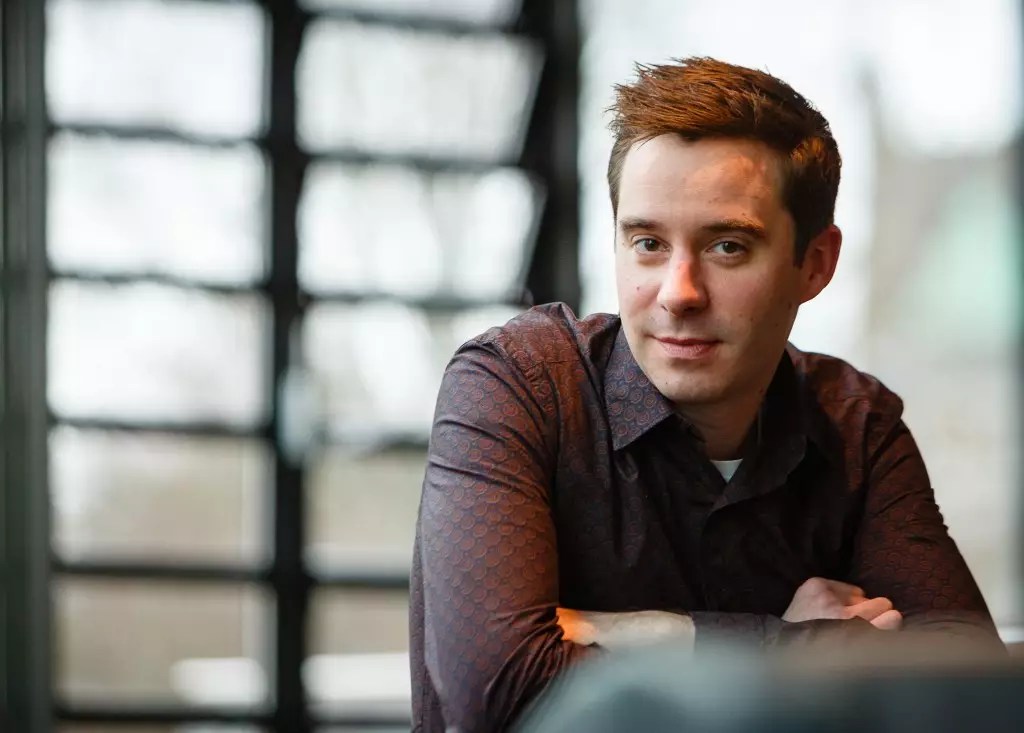British playwright and screenwriter, James Graham, known for his work on shows like Sherwood and Quiz, will be delivering the prestigious MacTaggart lecture at the Edinburgh TV Festival this year. In his upcoming speech, Graham plans to tackle the question of why television has a problem with representing the working classes. He aims to shed light on how drama can shape the political agenda and bring attention to the lack of representation of social class and regionality in television programming.
Throughout his 20-year career, Graham has consistently addressed issues surrounding social class and regional disparities in his work. His recent projects, such as a theater adaptation of Alan Bleasdale’s Boys from the Blackstuff and the political thriller series The Way, have delved into these themes. Graham’s dedication to representing diverse backgrounds and shedding light on social injustices has earned him critical acclaim, including an Olivier Award and multiple BAFTA and Emmy nominations.
The Power of Television in Society
In a recent interview with the BBC, Graham emphasized the importance of culture and the arts, particularly in times of political and social division. He highlighted how television has the unique ability to bring people together through shared viewing experiences, whether it’s through compelling dramas that address pressing issues or through sporting events that unite viewers in celebration or disappointment. Graham sees his upcoming MacTaggart lecture as a pivotal moment to consider the future of the creative industries and the role that drama and storytelling can play in shaping politics and society.
Recognition from Industry Peers
Edinburgh Creative Director Rowan Woods and Advisory Chair Harjeet Chhokar praised Graham as a “fearless contemporary chronicler of British history, institutions, and power structures.” They commended his commitment to challenging the status quo and advocating for greater representation of social class and regionality in television. Graham’s unique perspective and dedication to storytelling make him a fitting choice to address the current cultural, social, and political landscape in 2024.
As Graham prepares to deliver his MacTaggart lecture, he stands as a beacon for change in the television industry. By questioning the lack of representation of the working classes in television and advocating for a more inclusive and diverse range of stories, Graham challenges the status quo and pushes for a more equitable and just media landscape. His insights and reflections are sure to spark critical conversations and pave the way for a more representative and inclusive future for television.
James Graham’s upcoming MacTaggart lecture promises to be a thought-provoking and inspiring event that will not only shed light on the current issues facing the television industry but also offer a vision for a more inclusive and representative future. As television continues to evolve and adapt to the changing social and political landscape, voices like Graham’s are crucial in shaping a more diverse and equitable media environment.


Leave a Reply